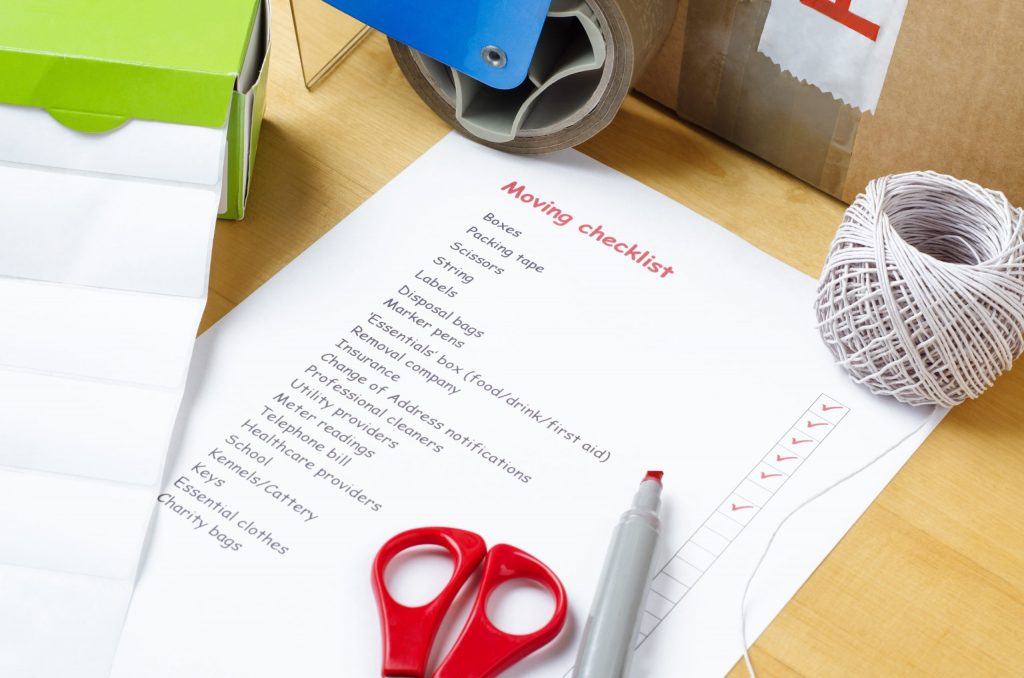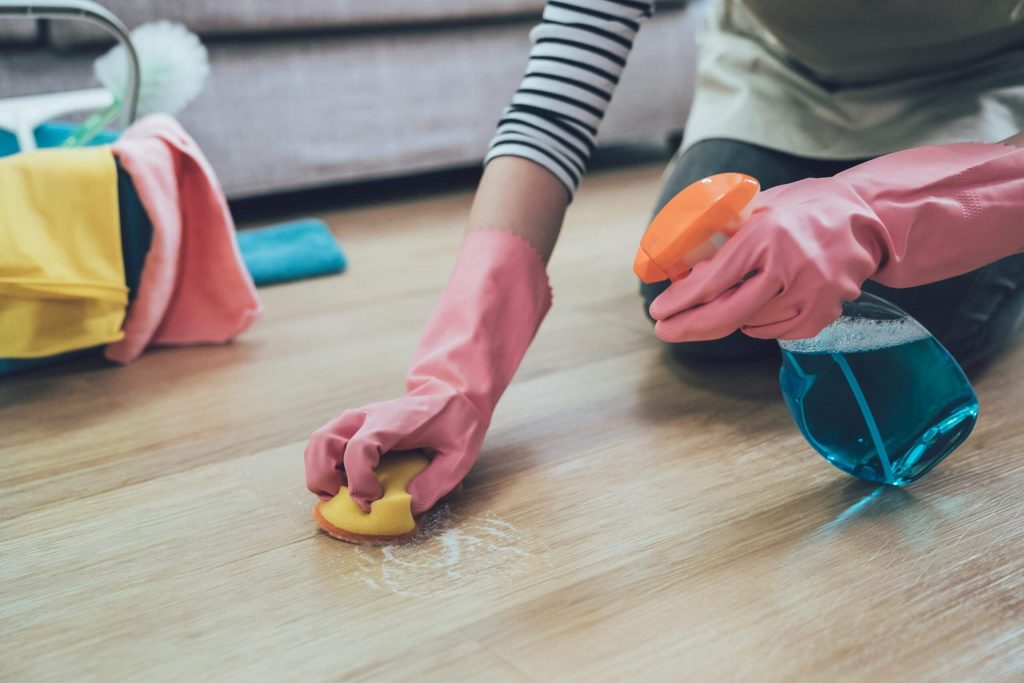Since most landlords aren’t too fond of tenants decorating their rental homes, marking walls with blu-tack and drilling holes to hang Christmas decorations isn’t always great for getting your deposit back.
But with rentals becoming long-term homes for many people, making it feel Christmassy at the end of the year is important!
To add the festive spirit to your rental property in Gloucestershire, here are seven rent-friendly ways to decorate for Christmas.
1. Create a Festive Window Display
While you may not be able to hang lights outside, that doesn’t mean you can’t light your place up like a Christmas tree from the inside! Using solar lights, holly garlands and pinecones, you can create a festive window display that makes your rental look Christmassy both inside and out.
2. Wrap Garlands to Staircases
No nails are the key to decorating a rental for Christmas. By wrapping a festive garland full of ribbons, holly and winter berries around your staircase, you can make your entrance look warm and cosy from the moment you walk in! If you need to secure the garlands to the stairs, use invisible string so it’s unnoticeable and doesn’t leave any marks.
3. Go All-Out With Your Dining Room Table
If you can’t do much with the interior walls of your rental, make your dining room table the cosiest it’s ever been! Create your own festive centrepiece with candles, holly or scattered baubles and set the table with crackers, champagne glasses and other Christmassy things.
4. Use Floor Space
One of the best ways to decorate a rental for Christmas is to use your floor space to add Christmas cheer. Forget about hanging garlands on the walls and instead add freestanding ornaments, trees with stands, piles of dried kiln logs or oversized lanterns to your floor space.
5. Add Festive Smells
Nothing makes a home feel more like Christmas than the smell of fresh cookies, warm gingerbread or sweet cinnamon! A great rent-friendly way to decorate for Christmas is to invest in candles or essential oils that make your home smell merry.
6. Switch Up the Normal Things
Another easy way to decorate a rental at Christmas is to switch up the normal things in your home for something jollier. Add red covers to your cushions, change your bedspread to something festive, and drape white blankets over your sofa for a snowy look. It’ll add a warm, cosy and Christmassy vibe!
7. Use Sticky Hooks
If you really need to hang things on the walls, use command strips or hooks that stick to the wall and leave ‘no mess’. Just make sure you’re using them on recommended surfaces that won’t create any damage to the walls.
Looking For a New Rental?
Are you looking for a new rental in Gloucestershire? Here at TG Sales & Lettings, our friendly team can help you find a rental you love living in all year round.
Check out our listings at https://www.tgres.co.uk or give us a call on 01452 300822 for a chat with our team about what you’re looking for.













